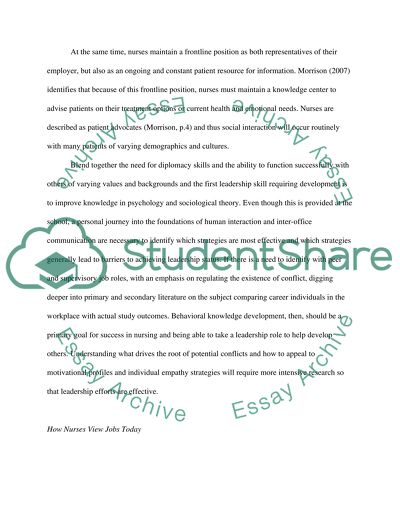Cite this document
(“Leadership and management Term Paper Example | Topics and Well Written Essays - 1250 words”, n.d.)
Leadership and management Term Paper Example | Topics and Well Written Essays - 1250 words. Retrieved from https://studentshare.org/nursing/1433256-leadership-and-management
Leadership and management Term Paper Example | Topics and Well Written Essays - 1250 words. Retrieved from https://studentshare.org/nursing/1433256-leadership-and-management
(Leadership and Management Term Paper Example | Topics and Well Written Essays - 1250 Words)
Leadership and Management Term Paper Example | Topics and Well Written Essays - 1250 Words. https://studentshare.org/nursing/1433256-leadership-and-management.
Leadership and Management Term Paper Example | Topics and Well Written Essays - 1250 Words. https://studentshare.org/nursing/1433256-leadership-and-management.
“Leadership and Management Term Paper Example | Topics and Well Written Essays - 1250 Words”, n.d. https://studentshare.org/nursing/1433256-leadership-and-management.


